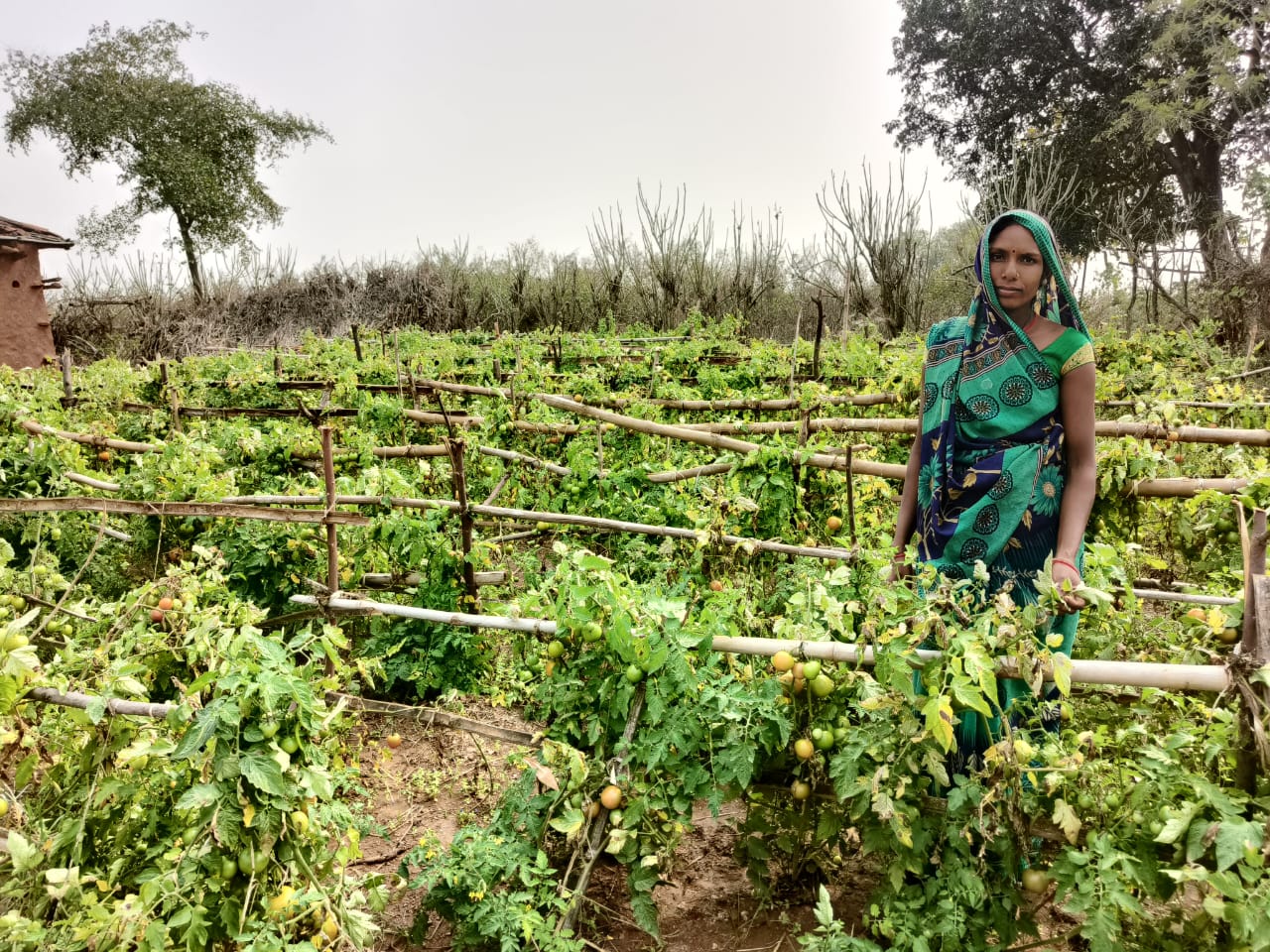BHOPAL, 15.10.2025 – India’s path to lasting food security lies not in short-term relief or emergency distribution, but in rebuilding the rural systems that quietly sustain it – water, soil, and community enterprise. True stability begins when smallholder farmers have reliable irrigation, when degraded lands are revived, and when women are empowered to lead producer groups that influence how food is grown, priced, and shared. This was said ahead of the World Food Day by G. Jayanthi, Director, Action for Social Advancement (ASA), anot-for-profit development organisation working to strengthen rural livelihoods through sustainable agriculture, natural resource management, and institution-building.
Said G. Jayanthi: “For too long, food security in India has been viewed through the lens of production alone. But the real challenge is to ensure that what is grown reaches every household in the country in a safe, diverse, and affordable form and that farming itself remains viable for the next generation. This World Food Day, we must shift our collective focus from reactive measures to resilient ecosystems, from dependency to dignity, and from policies that count tonnes to ones that nourish people and the planet together. When communities are trusted with the tools, knowledge, and opportunity to sustain themselves, food security becomes not a promise, but a practice.”
She added: “India’s challenge is not the lack of food, but ensuring that every community can grow, access, and afford nutritious food sustainably. On World Food Day, ASA reaffirms that resilience lies in local systems – in soil health, women’s leadership, and collective action. It reminds us that each village that secures its own plate strengthens the world’s food future.sustainability begins in the hands of small farmers. When women lead producer groups, when local soils are nurtured, and when food grows closer to homes, national food security becomes a lived reality, not just a policy goal.”
On World Food Day, Action for Social Advancement (ASA) reaffirmed its commitment to strengthening food security in rural India through practical, evidence-based interventions that enhance the four pillars of FAO (Food & Agriculture Organisation) on food security – availability, access, utilization, and stability. By combining sustainable agricultural practices, water conservation, and women-led market systems, ASA continues to enable rural communities to grow, access, and consume safer and more reliable food throughout the year.
In 2024–25, ASA created 11,606 hectares of new irrigation potential — taking the cumulative figure to 90,184 hectares — and implemented soil and moisture conservation measures across 1,08,352 hectares, directly benefiting 1,08,642 farmers. These initiatives have made harvests more reliable, reduced dependency on rainfall, and ensured steady food availability from one season to the next.
ASA is also driving large-scale adoption of organic and sustainable farming methods to improve both soil and human health. In 2024–25 alone, 65,134 farmers practiced organic cultivation (cumulative 86,165), while 1,23,361 farmers adopted Good Agricultural Practices (GAP) and Integrated Pest Management (IPM) (cumulative 5,58,227). These shifts have significantly lowered synthetic input use, ensuring safer, residue-free produce enters local food markets.
To bring fresh, diverse vegetables closer to homes, ASA supported the creation of 10,428 new household vegetable gardens, or Poshan Vatikas, during 2024–25 — taking the total number to 74,514 gardens across its operational regions. These gardens have helped families diversify their diets, improve household nutrition, and reduce dependence on purchased vegetables.
ASA’s women-led Farmer Producer Organisations (FPOs) are transforming local food markets by improving access, transparency, and income stability. The organisation currently supports 98 FPOs with 72,877 farmer-members. By aggregating produce, reducing middlemen costs, and ensuring reliable payments, these collectives strengthen rural purchasing power and help households consistently afford diverse and nutritious foods.
Founded in 1996, ASA promotes farm-based livelihoods for smallholder farmers through its Livelihood Enhancement Model, harmonizing People, Nature, and Economy. With a presence in 8 states and a team of >350 professionals, ASA is committed to driving sustainable agricultural innovation and supporting marginalized farming communities.
For more information, visit www.asaindia.org



